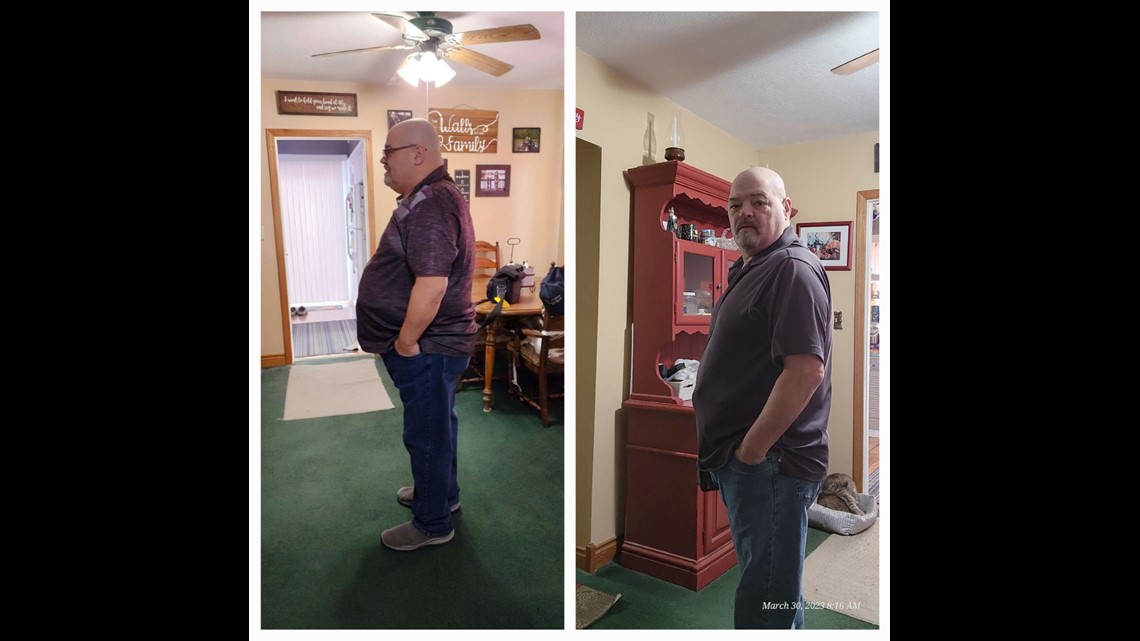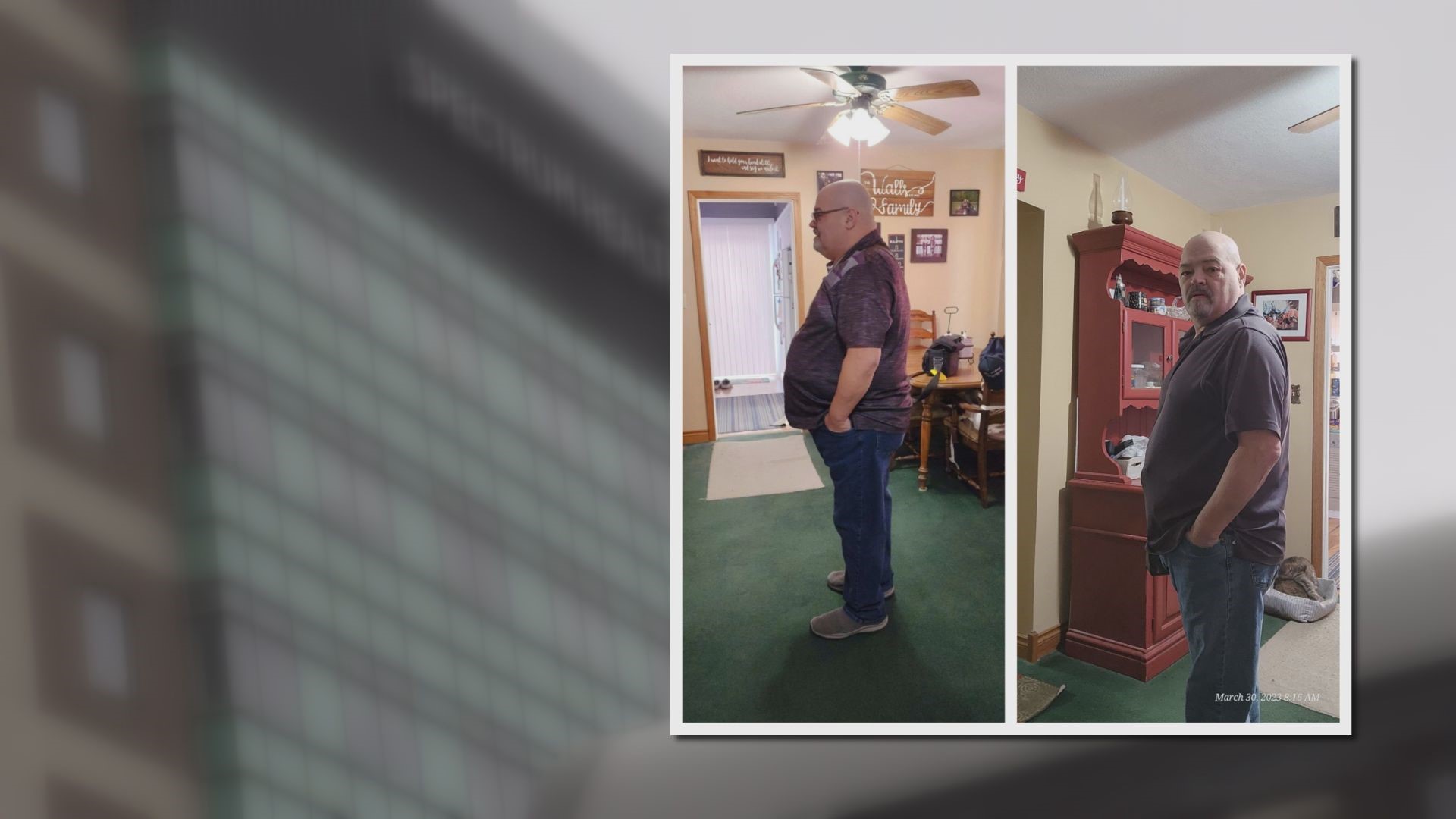GRAND RAPIDS, Mich. — Money.com has named Corewell Health's Spectrum Health Blodgett Hospital and Spectrum Health Zeeland Community Hospital as part of its first-ever list of best hospitals for bariatric surgery.
Jon Schram, medical director for bariatric surgery at Corewell Health, said the ranking feels "validating" and "a great honor."
"We try to do it extremely at a high level and do it well," said Schram.
Bariatric surgery can change a patient's life. That was the case for Kevin Wells, who had bariatric surgery at Corewell Health in January.
"It is a big deal," said Wells, "Big deal."
Nine years ago, Wells received an LVAD and was placed on the transplant list for a new heart. Unfortunately, he was later put on hold for the transplant list due to his weight. His heart condition prevented him from exercising or losing weight in a traditional way.
Earlier this year, he underwent bariatric surgery at Corewell Health.
"Less than three months, I'm down 55 pounds," said Wells, "And back on the heart transplant list."
Wells was part of a collaborative effort with the heart team at Corewell Health that helps patients lose enough weight to qualify for transplant surgery again.
"It's unbelievable," said Schram, "For these guys who have lost hope for a heart transplant, now to be able to get a heart transplant again, is huge."
Schram said the bariatric team follows patients for life. While bariatric surgery is a great tool, they also have patients work with dietitians, psychologists and more to help achieve their goals.


"What we can do is build the framework inside of their body that will make it a lot easier for them to diet more effectively," said Schram, "That means they're still going to have to diet, they're still going to have to work hard to get to where they want to be weight wise. But what we'll combine that with is not only a good tool, but then give them all of the teamwork that we can provide them to help them be successful."
Schram said someone who is a good candidate for bariatric surgery is someone who is struggling with severe obesity and unsuccessful with non-operative weight loss. They often will have other comorbidities as well, such as diabetes, sleep apnea, hypertension, heart disease, polycystic ovarian syndrome or more.
"Obviously, we make stomachs smaller," said Schram, "So, it limits how much food people can eat at one time. But probably not recognized by the general public, is that the operations actually have a metabolic effect. They actually change the gut hormones so that patients don't feel hungry all the time. And it's really that effect on the gut hormones, and that effect on their metabolism, that really makes these operations much, much more effective."
For Wells, nine years ago he received his LVAD and was told it was only a four-year normal expectancy.
"In that time, I've watched both my daughters graduate college, both my daughters get married, both of my daughters gave us grandbabies," said Wells, "The oldest one will be three in June, and the youngest one will be a year old next month. It gave me an opportunity to see all that happen. 40 years married with my wife."
Now, he's looking forward.
"My fingers are crossed that my number will be called," said Wells, "And even more time."
RELATED VIDEO: Corewell Health notes increase in blood clots after spring break
►Make it easy to keep up to date with more stories like this. Download the 13 ON YOUR SIDE app now.
Have a news tip? Email news@13onyourside.com, visit our Facebook page or Twitter. Subscribe to our YouTube channel.

